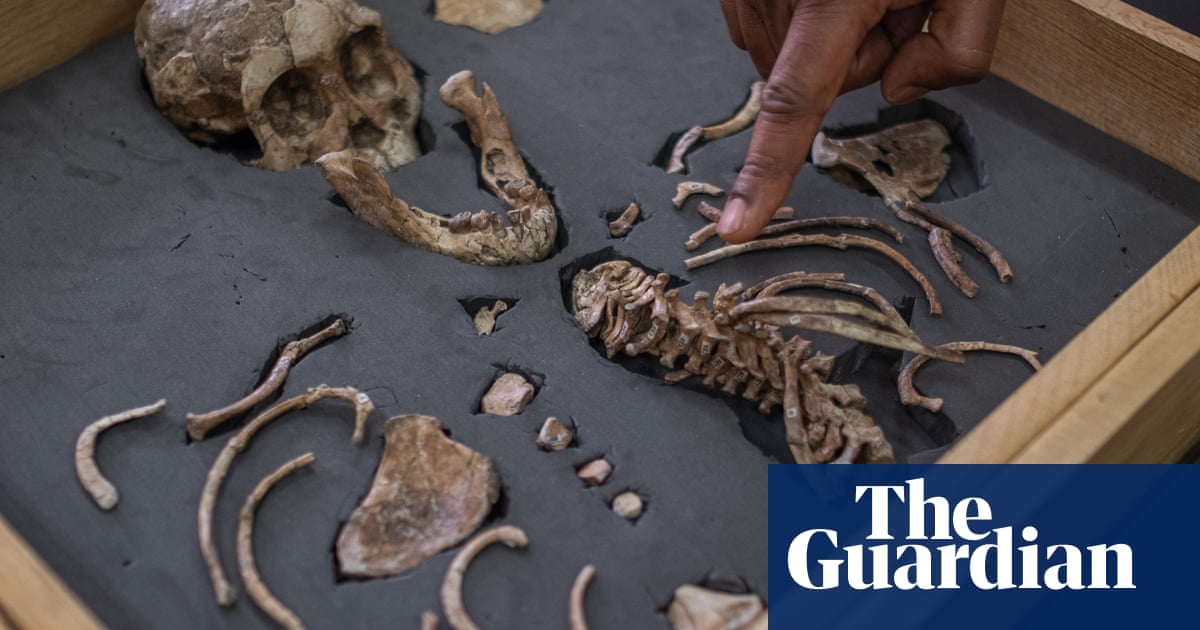
"Berhane Asfaw saw that all the fossils he examined during his graduate studies had originated from Ethiopia; they were exported for research while Ethiopians were excluded from studying them in their own country."
"With funding from American colleagues, Berhane established a laboratory at the National Museum of Ethiopia, allowing them to clean fossils and produce replicas, eliminating the need to export them."
"The laboratory now houses about 1,600 fossils from 13 of more than 20 confirmed early human species, including the oldest known remains of Ardipithecus kadabba from 6 million years ago."
"Ethiopia has become recognized as the cradle of mankind due to the discoveries made at the lab, which is the world’s most extensive collection of human ancestor remains."
Berhane Asfaw founded the first laboratory for palaeoanthropological research in Ethiopia, allowing local experts to analyze fossils without exporting them. Prior to this, Ethiopian fossils were mostly studied by foreigners, leaving local professionals without the opportunity to develop their expertise. The lab, situated in Addis Ababa, now contains around 1,600 fossils from 13 different early human species. These discoveries have reinforced Ethiopia's status as the cradle of humankind, with the oldest fossils dating back 6 million years. Berhane's work has enabled significant advancements in the local study of human evolution.
Read at www.theguardian.com
Unable to calculate read time
Collection
[
|
...
]